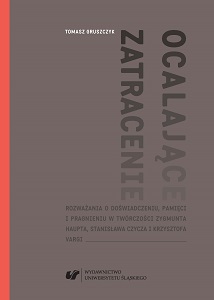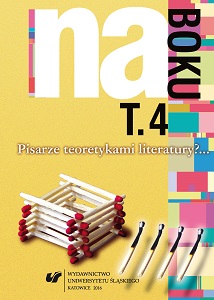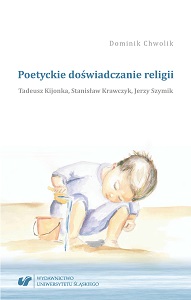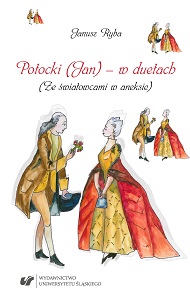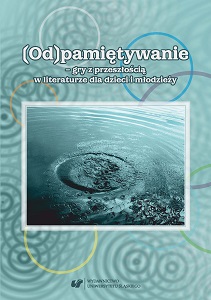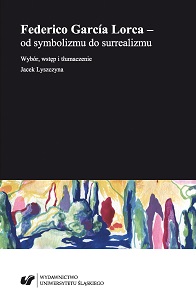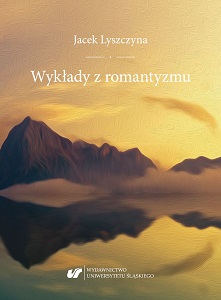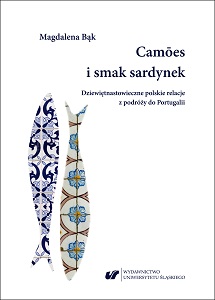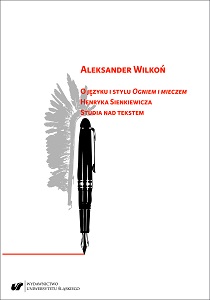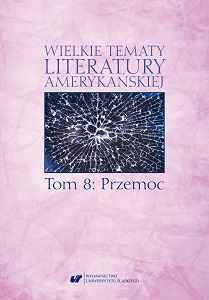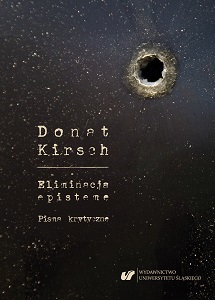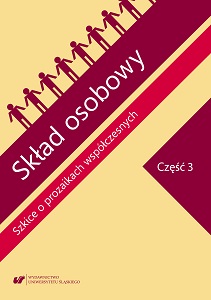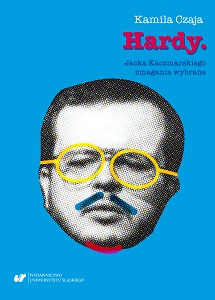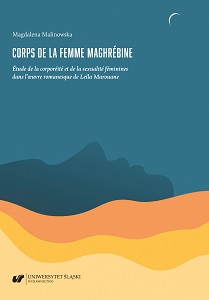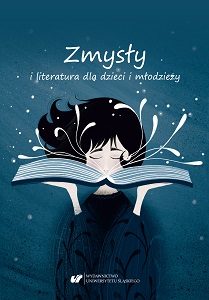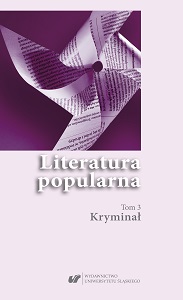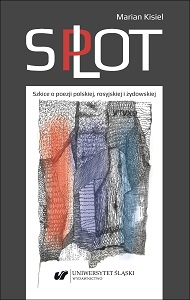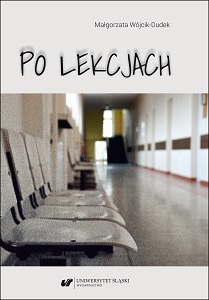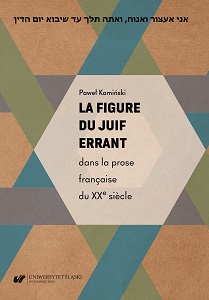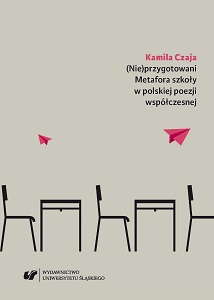
The metaphor of school in the contemporary Polish poetry
(Nie)przygotowani. Metafora szkoły w polskiej poezji współczesnej
Keywords: contemporary Polish poetry; metaphor; school
The dissertation focuses on the – underrepresented in the state of research – subject of metaphor of school in the contemporary Polish poetry. The inspirations drawn from the works on the subject of the cognitive metaphor (Lakoff and Johnson) and the development of this theory on the poetic matter (Lakoff and Turner), from the papers written in the field of anthropology of education, from the partial analyses of the works by poets using the school scenes and terminology and, at last, from philosophical, psychological, pedagogical and sociological studies on mutual connections between education and non-school world allow to see the multifaceted application of the large metaphor LIFE IS A SCHOOL in the poetry. To show this large-scale subject (both in the aspect of the time-frame and poetic diction or genre) in a systematic way, the thesis consists of two parts, which are the result of two complementary approaches. The first part of the dissertation, Stages, is dedicated to the metaphor of school existing in the Polish poetry of two different periods – the years 1945–1989 (the escape from politics into the universal metaphors of school versus the use of school language as the way to beat the Polish People’s Republic system at its own game) and the new Polish poetry (the last works by the Old Masters, the transformation of the anti-system poetry after 1989, the poems forerunningthe latest poetic strategy, the anti-school statements by the authors who emerged after 1989 and their inclination to use the metaphor of school). This chronological conceptualization of the subject allows to present the intergenerational similarities and differences in including the school scenes, characters, objects and terms in the poetry, but at the same time it shows that the metaphor of school is formed partly under the influence of external (historical, political, social) factors, so this figure can be used not only as the universal large metaphor, but also as the instrument of verbalization of the experiences and changes associated with the specific events.The second part of the thesis, Topics, serves as the examination of those elements of school reality that build the metaphors connected with education. The school accessories, the educational institutions and stages, the teachers and the students, the timetable (lessons, tutoring, truancy, summer breaks), as well as the methods of evaluation of the educational performance appear in the contemporary Polish poetry in various forms and turn out to be the way to verbalize a wide range of existential experiences.The timelessness of school as the large metaphor of life and the specific strategies of metaphorization that change with time both contribute to versatility of this kind of poetic practices – the practices that are able to express different aspects of life metaphorically by the means connected with school. Love and death, past, present and future, self-recognition and the knowledge of the Other become more accessible and understandable when they are presented as the elements of “education” – even if the findings drawn from those “lessons”on the human condition can be really disheartening.
More...
